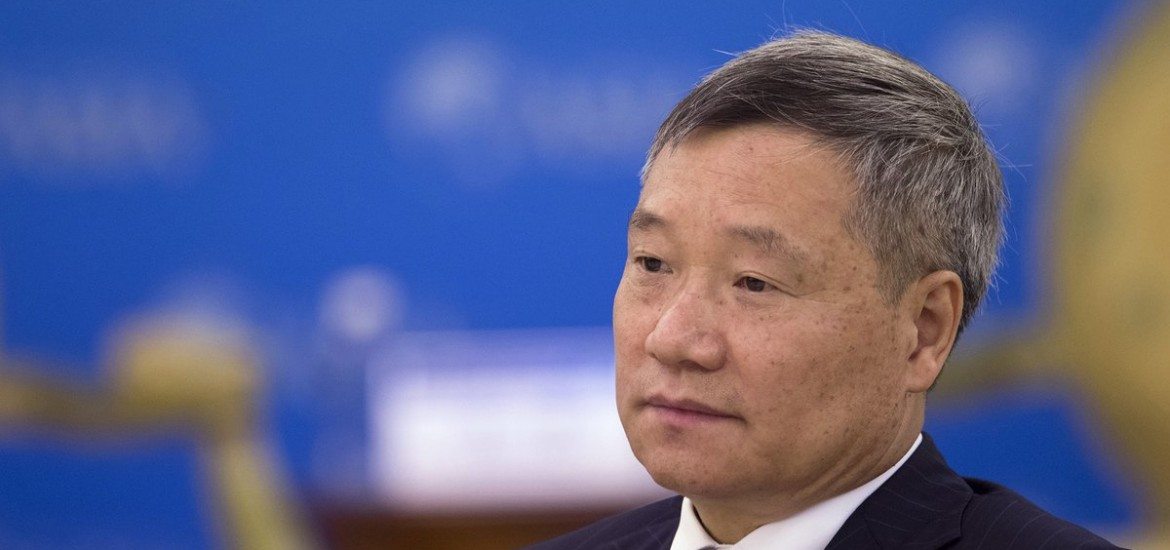
It has been bee viewed as a proactive decision as China removes stocks regulator head after market woes. Over the last 12 months, the country’s equity and stock markets have experienced turbulent conditions that have affected the entire economy. The announcement comes after senior leaders assured investors and the general population that they will resolve the slowing economic growth and make the currency steady against other major global currencies.
The decision was settled upon when the leaders met for their first general meeting after the Lunar New Year holiday. Xiao Gang has been the chairman of the China Securities Regulatory Commission (CSRC) since March of the year 2013. The leaders proceeded to appoint Liu Shiyu, a former deputy governor of the central bank. The replacement is a move aimed at restoring confidence in the economy.
The recent stock markets disaster has exerted pressure on Xiao, who had volunteered to resign back in January. Heading the CSRC is a chief role in the country and is open to public criticism because when the stock markets perform dismally, the Chinese retail investors lose significant amounts of money. CSRC and Xiao were put under high pressure when China’s Shenzhen and Shanghai stock markets lost over 40% in a few months last year.
Moreover, the commission’s introduction of a stock index ‘circuit breaker’ in January aimed at limiting the stock market losses was deactivated after just four days of operation. The deactivation was done after the circuit breaker was blamed for intensifying a rapid selloff that made the markets perform worse than before. After that failure, Xiao offered to resign, but CSRC decided to retain him because they believed at the time that the information they had did not match with the facts.
The uncertainties and failures in China’s stock markets were followed by the devaluation of the Yuan in August 2015. Also, currency reserves diminished sharply, and these factors affected the global economy. China’s ability to pull through their projected economic growth and shift from manufacturing to services successfully was put into question. Last year, China’s economic growth fell to 6.9 percent which is the weakest pace in the country in decades.
To restore confidence in their economy ahead of the G20 financial meeting and the annual gathering of the country’s legislature in March, Xiao was removed. Additionally, the Commission has announced various measures it intends to take to support and sustain the economy. There will be funds provided for infrastructural projects and increased monetary support for a majority of the struggling industries. Once the measures are implemented, leaders are confident that the country’s trade and economic conditions will stabilize in 2016.
Analysts and investors are sure that the new head Liu, a trained economist, will introduce new strategies and policies though they are uncertain about which direction he will take. They believe that it will take up to six months before his plans start to show a significant effect on the stock markets and the entire economy.
